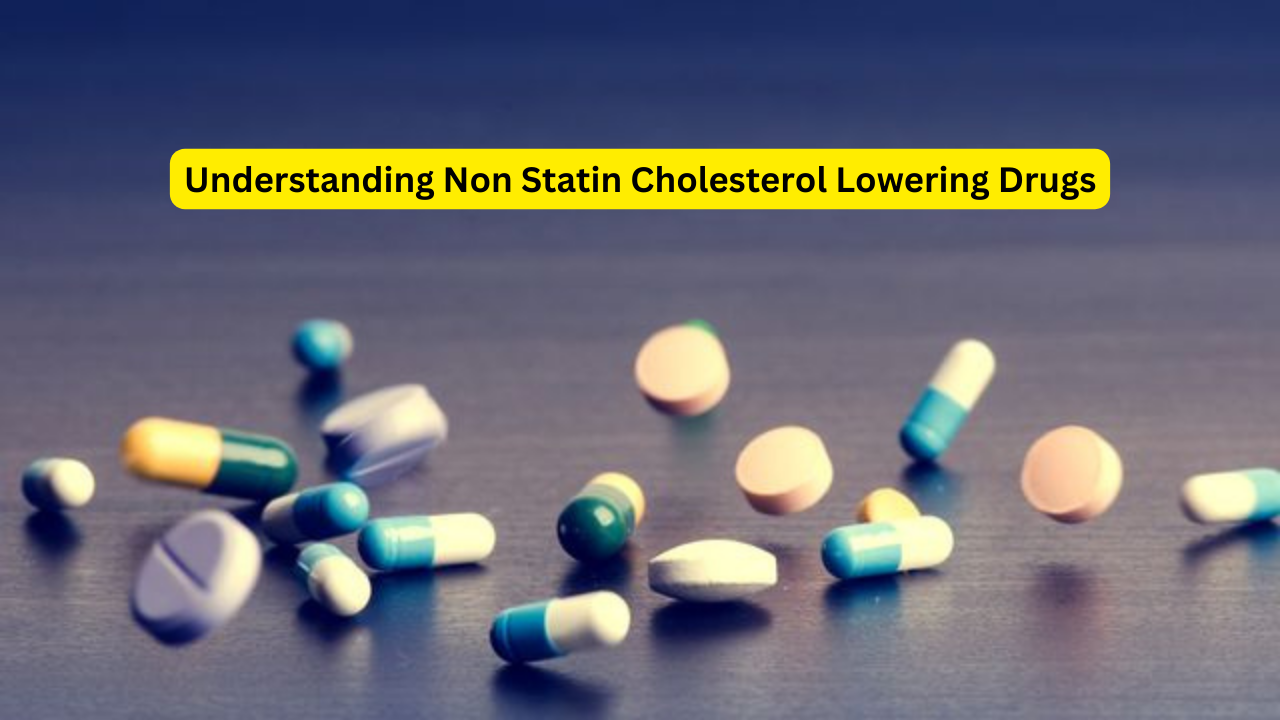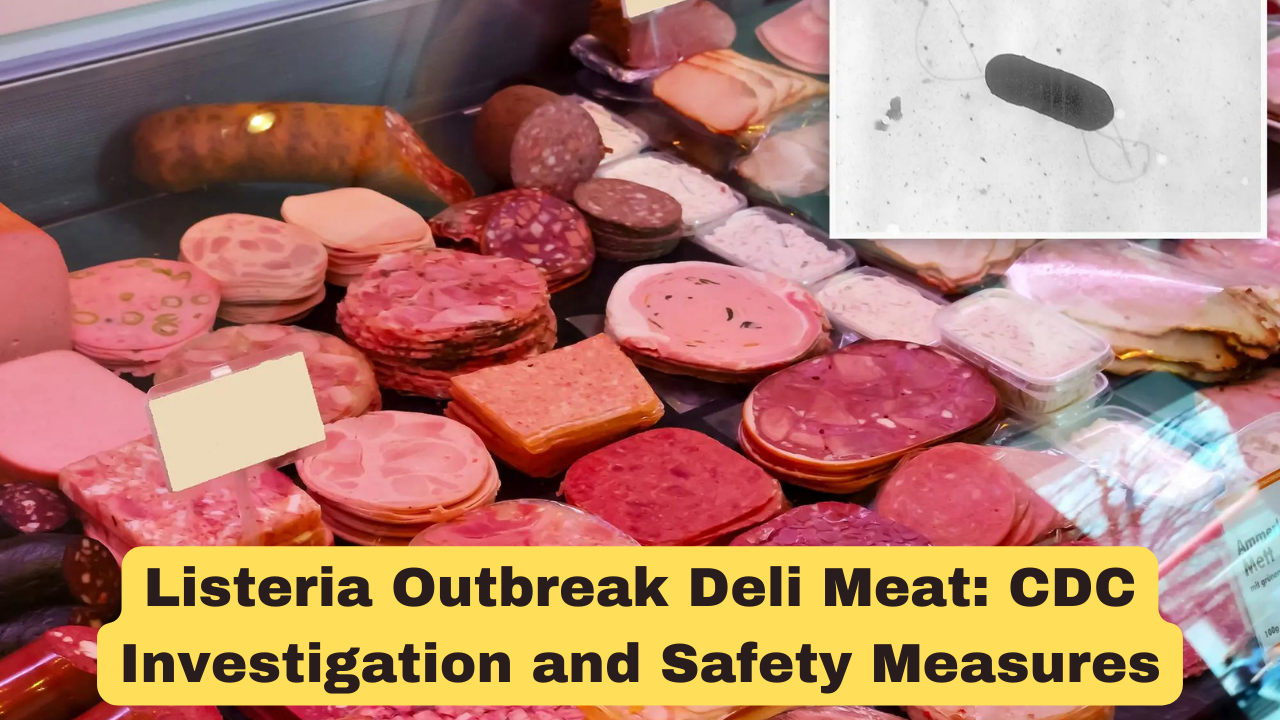Understanding Non Statin Cholesterol Lowering Drugs

Cholesterol is a crucial element in our bodies, but high levels can lead to severe health issues. Statins have been the go-to medication for lowering cholesterol, but recent studies highlight the potential of non-statin cholesterol-lowering drugs. This article explores one type of non-statin drug that shows promise in reducing liver cancer risk.
What are Non-Statin Cholesterol-Lowering Drugs?
Non-statin cholesterol-lowering drugs are medications that help reduce cholesterol levels without using statins. These drugs include:
- Ezetimibe: Reduces cholesterol absorption in the intestines.
- PCSK9 Inhibitors: Increase the liver’s ability to remove LDL cholesterol from the blood.
- Bile Acid Sequestrants: Bind bile in the intestines, forcing the liver to use cholesterol to produce more bile acids.
The Link Between Cholesterol and Liver Cancer
Past studies have suggested that statins may lower the risk of liver cancer. However, the spotlight is now on non-statin drugs and their potential benefits. A recent study published in Wiley’s journal, Cancer, provides new insights into this connection.
Cholesterol and Cancer Risk
High cholesterol levels are linked to various health problems, including heart disease and certain cancers. Cholesterol is vital for cell membrane structure and function, but an excess can lead to the growth and spread of cancer cells. Therefore, managing cholesterol levels is essential for reducing cancer risk.
New Study Findings: Non-Statin Drugs and Liver Cancer
A groundbreaking study has revealed that one type of non-statin cholesterol-lowering drug is associated with a lower risk of liver cancer. This finding opens new avenues for cancer prevention and treatment.
Study Overview
The study analyzed data from thousands of patients who were prescribed non-statin cholesterol-lowering drugs. Researchers compared the incidence of liver cancer in these patients to those who did not use these drugs.
Key Findings
- Lower Incidence of Liver Cancer: Patients using the non-statin drug had a significantly lower risk of developing liver cancer.
- Reduced Cholesterol Levels: The drug effectively lowered cholesterol levels, contributing to overall health improvement.
- Potential Mechanisms: The exact mechanisms are still under investigation, but the drug’s ability to lower cholesterol and influence liver metabolism is crucial.
Implications for Health and Treatment
The findings of this study have significant implications for both health professionals and patients. Understanding the potential benefits of non-statin cholesterol-lowering drugs can lead to better treatment strategies and improved health outcomes.
For Patients
- New Treatment Options: Patients who cannot tolerate statins now have alternative options for managing cholesterol and reducing cancer risk.
- Informed Decisions: Patients can discuss these new findings with their healthcare providers to make informed decisions about their treatment plans.
For Healthcare Providers
- Enhanced Treatment Protocols: Healthcare providers can consider incorporating non-statin drugs into treatment plans for patients at risk of liver cancer.
- Continued Research: Further research is essential to understand the full potential and mechanisms of these drugs.
Future Directions in Cholesterol and Cancer Research
The study highlights the importance of exploring non-statin drugs for cancer prevention. Future research should focus on:
- Long-Term Effects: Investigating the long-term effects of non-statin drugs on liver cancer risk.
- Mechanistic Studies: Understanding the biological mechanisms behind the reduced cancer risk.
- Comparative Studies: Comparing the efficacy of different non-statin drugs in lowering cholesterol and cancer risk.
Conclusion
The discovery that a non-statin cholesterol-lowering drug is linked to a lower risk of liver cancer is a promising development in medical research. This finding provides new hope for patients and healthcare providers in the fight against liver cancer. By continuing to explore the potential of non-statin drugs, we can develop better treatment strategies and improve patient outcomes.




